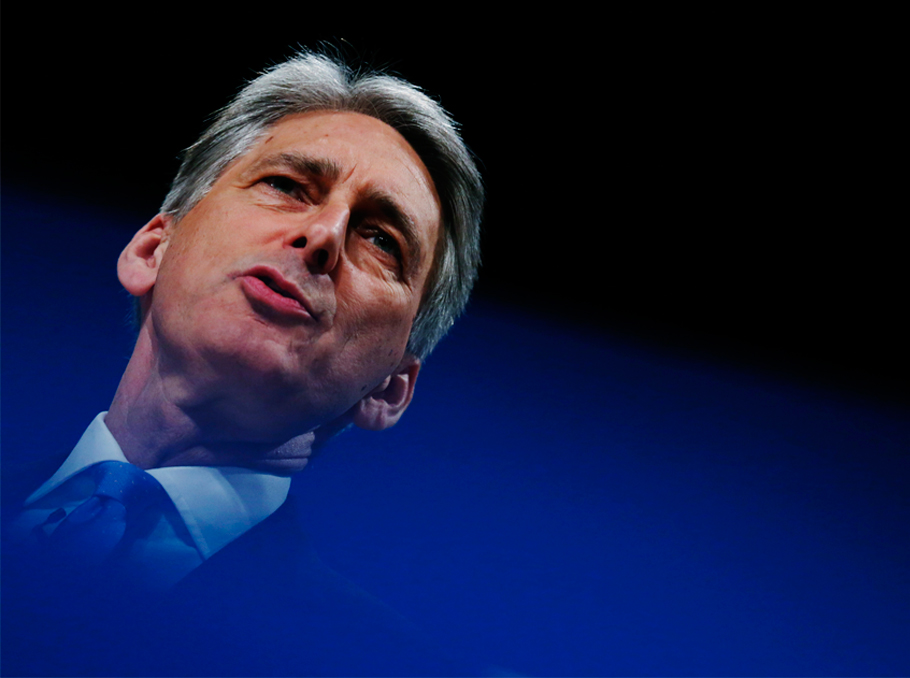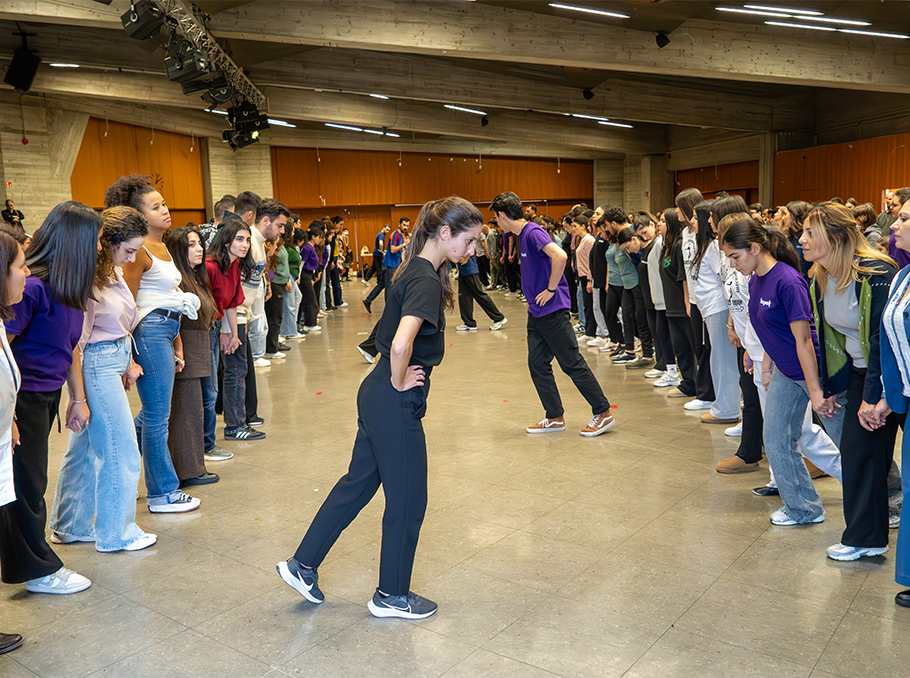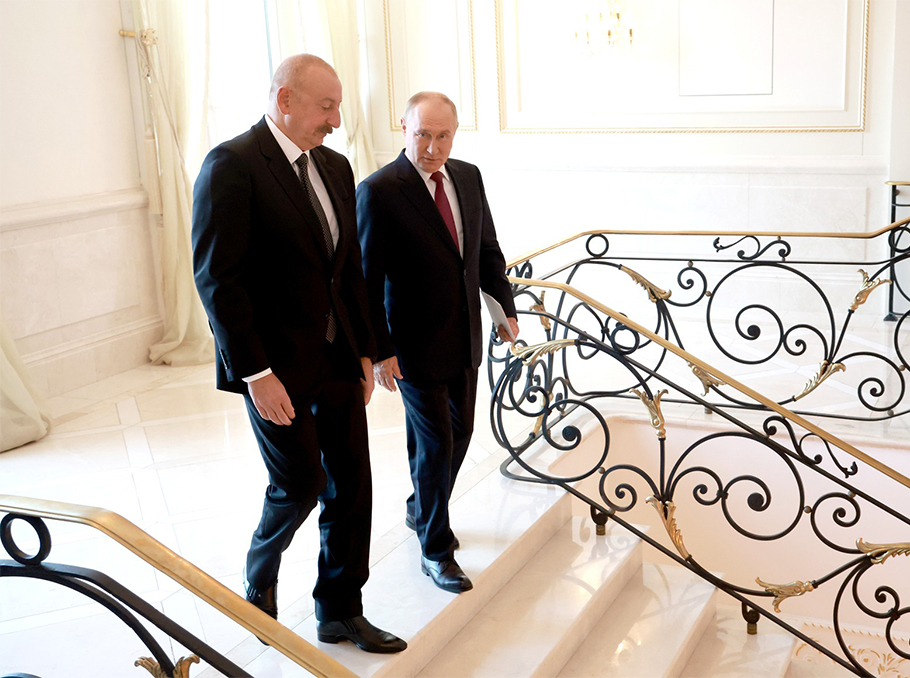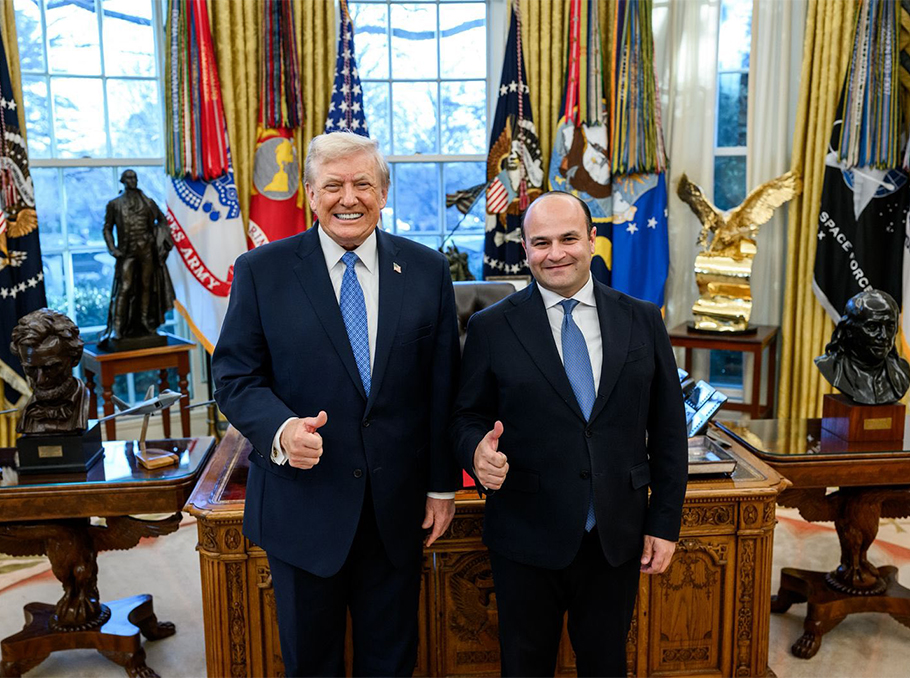British Foreign and Commonwealth Office published “Armenia’s Diaspora – Its Role & Influence” report. Mediamax presents some excerpts from the document.
Armenia has, in proportional terms, the largest Diaspora of any former Soviet state, much of it concentrated in Russia, the US and France. This has been a huge source of support for the Armenian state. But it’s also periodically acted as a brake on Yerevan’s scope for manoeuvre, particularly over the Nagorny Karabakh dispute and relations with Turkey. This is likely to remain the case in future.
****
Diaspora support has played a crucial role in Armenia’s economic survival and development. Since 1991 Armenia has received several billion dollars’ worth of financial support from US-based Diaspora Armenians alone. Among the most prominent donors has been the Lincy Foundation run by California-based magnate Kerk Kirkorian, which on its own has invested nearly $300 million in Armenia since independence. More recently, however, it has been the Diaspora community in Russia that has provided the most significant financial flows into the Armenian economy – as of 2008, remittances from Armenians working in Russia accounted for 15% of Armenia’s official GDP (some believe the real figure, taking into account ‘shadow’ payments outside the official banking system, may in fact be twice as high).
****
Successive Armenian governments have been fully conscious of the vital asset that the global Armenian Diaspora represents for a country lacking in mineral resources. Under President Sargsyan, a separate Ministry for Diaspora Issues has been created, charged with promoting even greater interaction between the Republic of Armenia and the global Armenian Diaspora. Significantly Armenian Diaspora organisations have shown relatively little interest to date in internal governance/democracy-building issues within Armenia. However, a view among some members of the global Diaspora is that the Armenian government over the last ten years has signally failed to harness the Diaspora’s potential to rebuild the economy or promote democratisation. Economic policy in particular has remained parochial and oligarch-bound, and some significant Diaspora investors have retreated with fingers burned. The political elite have also been dominated by a narrow group of largely Karabakh veterans, whose main international links are mostly focused on Russia (through previous service in the Soviet military, for example).
In the area of foreign policy, there have periodically been pronounced tensions between ruling administrations in Armenia and the global Diaspora, most notably over policy towards Turkey and the NK conflict. This was most visible under the leadership of Armenia’s first President, Levon Ter-Petrosyan (1991-1998), whose relationship with the more nationalist elements in the Diaspora was always an uncomfortable one, given the latter’s distrust of his perceived readiness to make excessive concessions on these issues (in particular his refusal to prioritise ‘genocide’ recognition by Turkey as a pre-condition for the normalisation of bilateral relations). Under Ter Petrosyan, the Dashnak party was banned in Armenia, and his eventual downfall in 1998 was at least in part triggered by furious Diaspora criticism of his support for an ‘unacceptable’ compromise solution on NK. For his part, Ter Petrosyan criticised the Diaspora’s ‘unrealistic’ view of Armenia’s policy priorities, and more recently, in his reincarnation as an opposition leader, has bemoaned the Diaspora’s lack of focus on Armenia’s retreat from democracy under his successors. President Sargsyan has, by contrast, attracted less ire from the Diaspora (in part in recognition of his Karabakhi roots and his direct role in securing NK’s ‘liberation’): whilst the ANCA strongly opposed his signing of the abortive Protocols with Turkey in 2009 on the normalisation of relations, the main focus of their criticism was the US (for allegedly ‘pressurising’ Yerevan into signing), rather than Sargsyan himself.
****
The positives in Armenia’s relationship with its global Diaspora will continue to outweigh the negatives from Yerevan’s standpoint. The support the Diaspora provides will remain crucial to Armenia’s economic survival in a hostile neighbourhood. On foreign policy, however, sentiment within elements of the Diaspora will remain a significant obstacle to achieving compromise-based solutions over the NK dispute and Armenia’s relations with Turkey.
An interesting issue to track will be the position of the Armenian Diaspora in Russia, by some margin the largest Armenian community outside the country itself. In contrast to the longer-established Diaspora communities in the US and Europe, Russia’s Armenians have hitherto shown little interest in lobbying their host country’s authorities to take a stronger line on e.g. ‘Genocide’ recognition. Given the nature of the Russian regime, its relationships with Turkey and Azerbaijan, and the generally ‘apolitical’ nature of many Armenian labour migrants working in Russia, it is unlikely that this picture will change soon. Over time, the possibility that this community could also be mobilised as a political lobbying force in support of the Armenian ‘cause’ should not be entirely discounted, However, for the time being the public stance of organised Armenian groups in Russia is focused on proving its loyalty to the Russian state – a similar dynamic for a vulnerable minority as in Iran and Syria.





















Comments
Dear visitors, You can place your opinion on the material using your Facebook account. Please, be polite and follow our simple rules: you are not allowed to make off - topic comments, place advertisements, use abusive and filthy language. The editorial staff reserves the right to moderate and delete comments in case of breach of the rules.